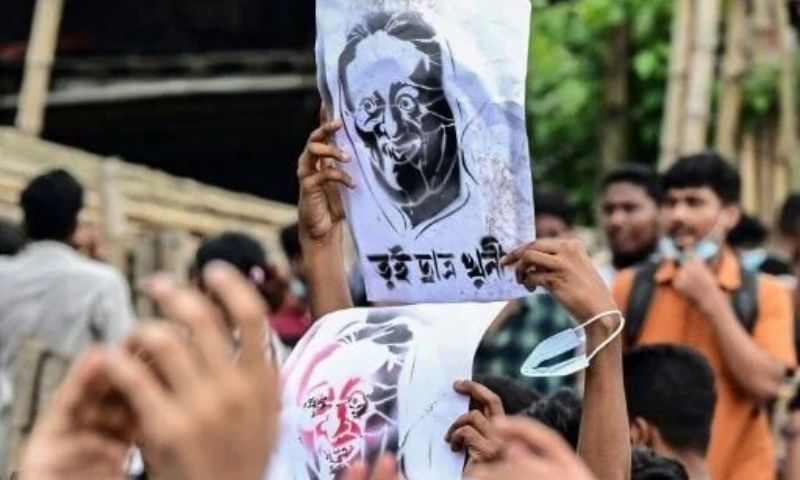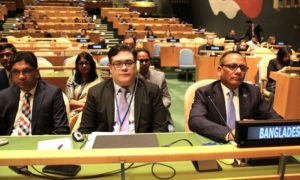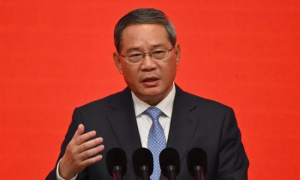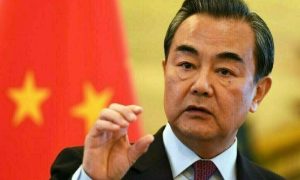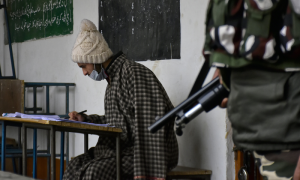DHAKA: Bangladeshi student leaders on Saturday vowed to escalate their nationwide civil disobedience campaign until Prime Minister Sheikh Hasina steps down, following last month’s violent crackdown on protesters.
The unrest, sparked by demonstrations against civil service job quotas, has resulted in over 200 deaths, marking some of the worst violence during Hasina’s 15-year rule.
The group Students Against Discrimination, which organized the initial protests, has rejected an offer for talks with Hasina and announced plans to continue their nationwide protests until their demands are met. The group’s leader, Nahid Islam, told a cheering crowd in Dhaka, “She must resign and she must face trial.”
The students’ campaign, which aims to paralyze the government, will begin in earnest on Sunday. They have called for widespread non-cooperation, including ceasing to pay taxes and utility bills. They are also urging government employees and workers in the crucial garment sector to join strikes.
“She must go because we don’t need this authoritarian government,” said Nijhum Yasmin, 20, a student protester, questioning why the country’s liberation was met with such brutality.
Ali Riaz, a politics professor at Illinois State University, noted, “The regime’s foundation has been shaken, the aura of invincibility has disappeared. The question is whether Hasina is ready to look for an exit or fight to the last.”
Hasina, who has governed Bangladesh since 2009, faced criticism for her government’s handling of the protests, which began in early July over a controversial job quota scheme. The scheme, which reserved more than half of all government jobs for specific groups, was later scaled back by the Supreme Court, but the damage was done.
The protests initially remained peaceful until clashes with police and pro-government student groups turned violent. In response, Hasina’s administration imposed a nationwide curfew, deployed troops, and shut down mobile internet services for 11 days.
The harsh measures drew significant international condemnation. European Union foreign policy chief Josep Borrell has called for an international investigation into the “excessive and lethal force against protesters,” while Home Minister Asaduzzaman Khan defended the security forces’ actions, stating they were “forced to open fire” to protect government buildings.
According to the United Nations, at least 32 children were among those killed during last month’s crackdown.









